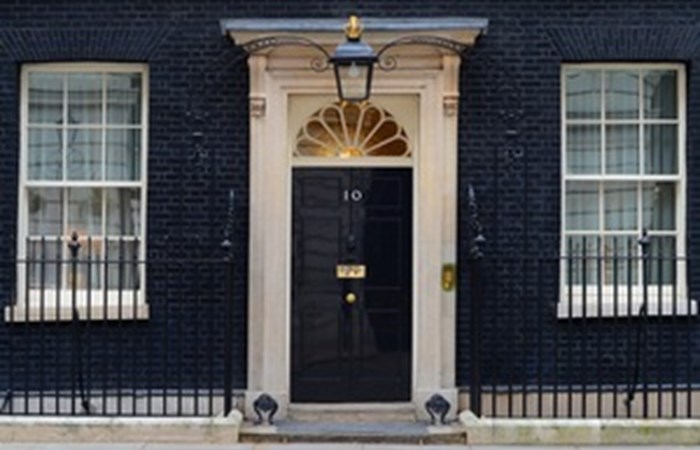Prime Ministers Office 10 Downing Street

In his first speech of 2023, the Prime Minister will set out his priorities for the year ahead and ambition for a better future for Britain.
The PM will commit to taking the necessary action to deliver for the long term on issues such as low numeracy rates.
As part of this, he will set a new ambition of ensuring that all school pupils in England study some form of maths to the age of 18.
The Prime Minister is expected to say in a speech today [Wednesday 4 January]:
This is personal for me. Every opportunity Ive had in life began with the education I was so fortunate to receive.
And its the single most important reason why I came into politics: to give every child the highest possible standard of education.
Thanks to the reforms weve introduced since 2010, and the hard work of so many excellent teachers, weve made incredible progress.
With the right plan the right commitment to excellence I see no reason why we cannot rival the best education systems in the world.
Recognising the practical challenges involved, the PM will acknowledge that reform on this scale wont be easy. He will commit to starting the work of introducing maths to 18 in this Parliament and finishing it in the next.
Around 8 million adults in England have the numeracy skills of primary school children. Currently only around half of 16-19 year olds study any maths at all and the problem is particularly acute for disadvantaged pupils, 60% of whom do not have basic maths skills at age 16.
Despite these poor standards, the UK remains one of the only countries in the world to not to require children to study some form of maths up to the age of 18. This includes the majority of OECD countries, including Australia, Canada, France, Germany, Finland, Japan, Norway and the USA.
The Prime Minister will commit to take action to reverse these trends by introducing maths to 18 for all pupils in England.He will say:
One of the biggest changes in mindset we need in education today is to reimagine our approach to numeracy.
Right now, just half of all 1619-year-olds study any maths at all. Yet in a world where data is everywhere and statistics underpin every job, our childrens jobs will require more analytical skills than ever before.
And letting our children out into the world without those skills, is letting our children down.
Maths to 18 will equip young people with the quantitative and statistical skills that they will need for the jobs of today and the future. This includes having the right skills to feel confident with finances in later life, including finding the best mortgage deal or savings rate.
The governments focus on literacy since 2010, including phonics, has led to significant improvements in standards. In 2012, only 58% of 6-year-olds were able to read words fluently. By 2019, the figure had risen to 82%. Our renewed focus on numeracy will aim to match this achievement.
The government does not envisage making maths A-Level compulsory for all 16-year-olds. Further detail will be set out in due course but the government is exploring existing routes, such as the Core Maths qualifications and T-Levels, as well as more innovative options.
The ambition is the PMs first major intervention on education since entering office and reflects his mission to ensure that more children leave school with the right skills in numeracy and literacy.
At the Autumn Statement, the government announced that it will invest an additional 2bn in schools next year and 2bn the year after, taking school funding t
